Coronavirus: The volunteer putting himself at risk in Wuhan
- Published
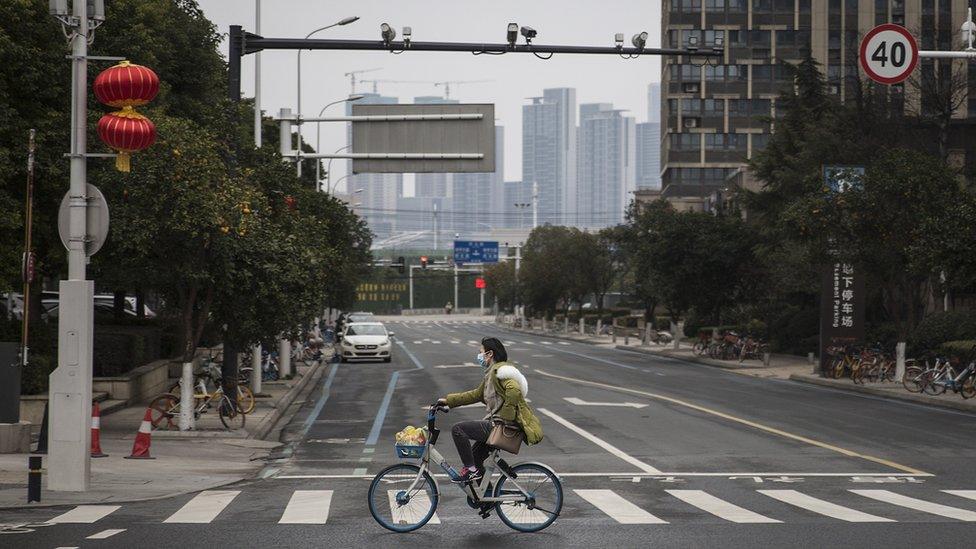
Many of Wuhan's streets are deserted
As Wuhan - the Chinese city at the centre of the coronavirus outbreak - remains under lockdown, groups of volunteers have stepped in to help by taking patients to hospital and acting as taxis for health workers who have no transport.
The BBC spoke to one such volunteer, a man surnamed Zhou, who described how the network of volunteers emerged as normal life in the city shut down.
Everything happened so suddenly. Life was normal until the lockdown and we were all caught off guard. At the beginning of the outbreak, the frontline health workers were working intensively from 06:00 to 23:00 and some of them don't have cars.
Public transport has been stopped so sometimes they had to cycle for up to two hours to get to work. It's very tough in the winter. So people started to set up WeChat [a popular Chinese messaging app] groups to recruit and organise volunteers.
Car owners like me joined those groups and volunteered to ferry them about. My main jobs are to take medical staff to and from work and to deliver medical supplies to hospitals. We also deliver meals to them from restaurants that have been providing free food throughout the outbreak.
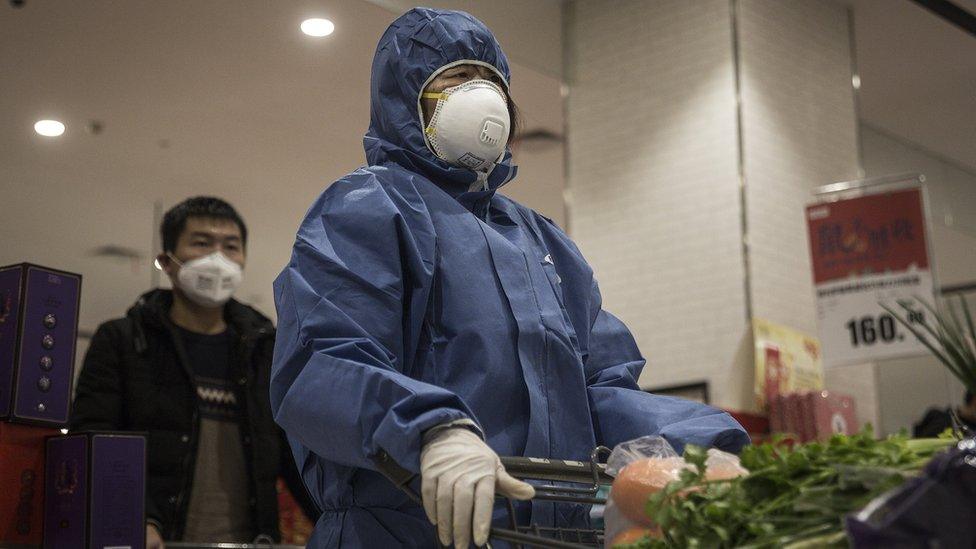
Those who do venture out wear as much protective clothing as they can
It's possible [that we are transporting infected people] because they are potentially exposed to the virus and may fall ill as well. But we do have guidelines: there are volunteers in the groups who are professionals and who have trained us how to protect ourselves.
They have also given us protective clothing. I used to just wear raincoats and goggles and two surgical masks, one on top of the other, when it had just started, but now I have a protective suit.
I disinfect my car every time after I've dropped someone off, and when there's a gap between two assignments, I go home to have a shower and change my clothes. Sometimes I have three or four showers a day.
Coronavirus quarantine: 'I haven't had freedom for a month'
I'm doing it because I was born and bred in Wuhan and my family has lived here for three generations. I love this city, as simple as that. Also I think I'm cut out for this work because I'm on my own, I'm healthy and strong, and I have the ability. So I signed myself up.
I think many people from Wuhan are like me, we're warm-hearted, and we're people with courage. In this difficult time, we have to unite and look after each other, so there's hope.
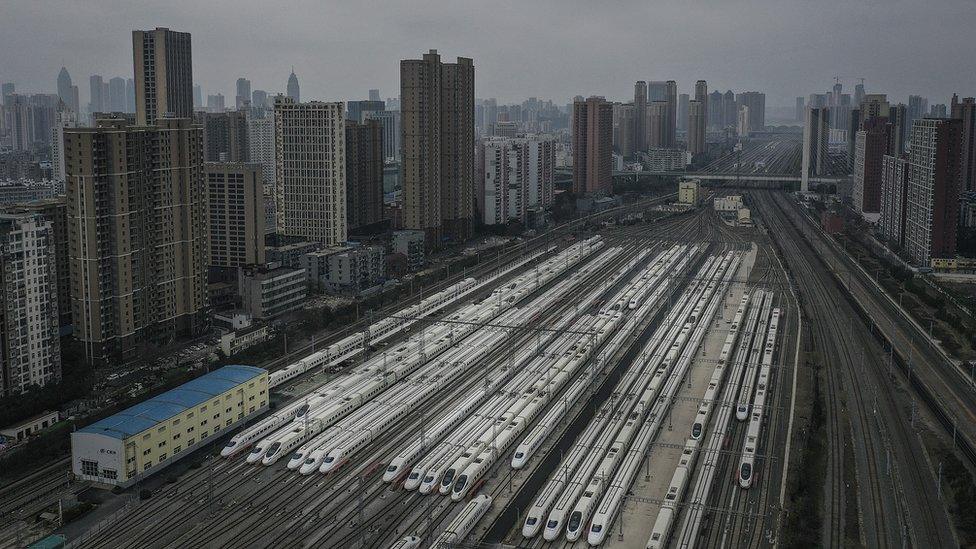
Public transport in and out of Wuhan has been suspended
It's an emergency situation that none of us expected. Yes, the local authorities were lacking resources at the beginning. For them, it was beyond their ability to deal with such a sudden outbreak. They had to ask for help from the central government and this takes time.
So, ordinary people like us felt that we had a responsibility to do something to protect our people and our hometown, and to support the government while we're waiting for help. People are trying to be optimistic. And I believe we'll eventually get through this.
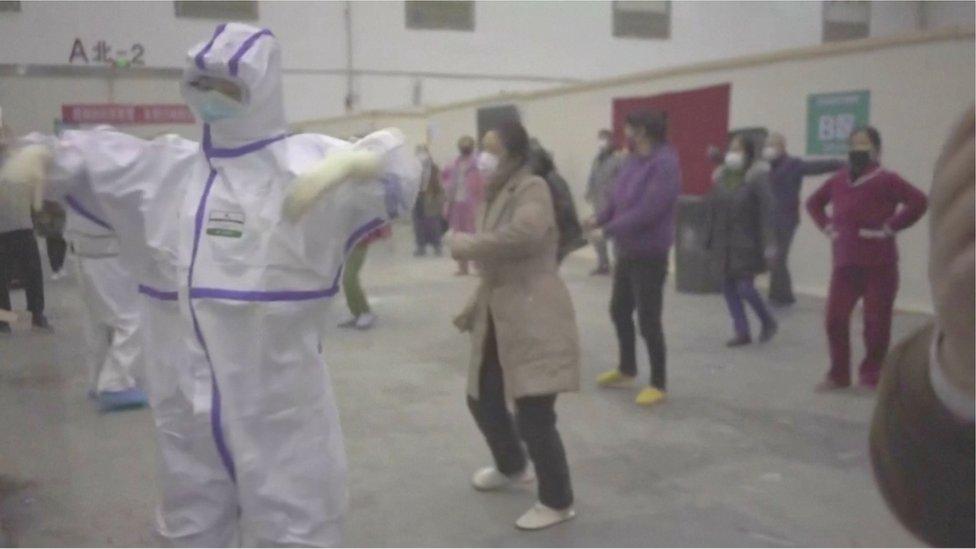
Video shows medical staff and patients dancing at a makeshift hospital in Wuhan
I've spoken to many doctors. They didn't have the right experience to deal with the emergency either. Some of them are very young - just starting their careers. It's true that there were limited resources at the beginning, a lack of masks and protective suits. Sometimes one protective suit had to be shared by many health workers, so they were under huge pressure.
But the situation is gradually getting better and I think they have the basic supplies they need - much to their relief.
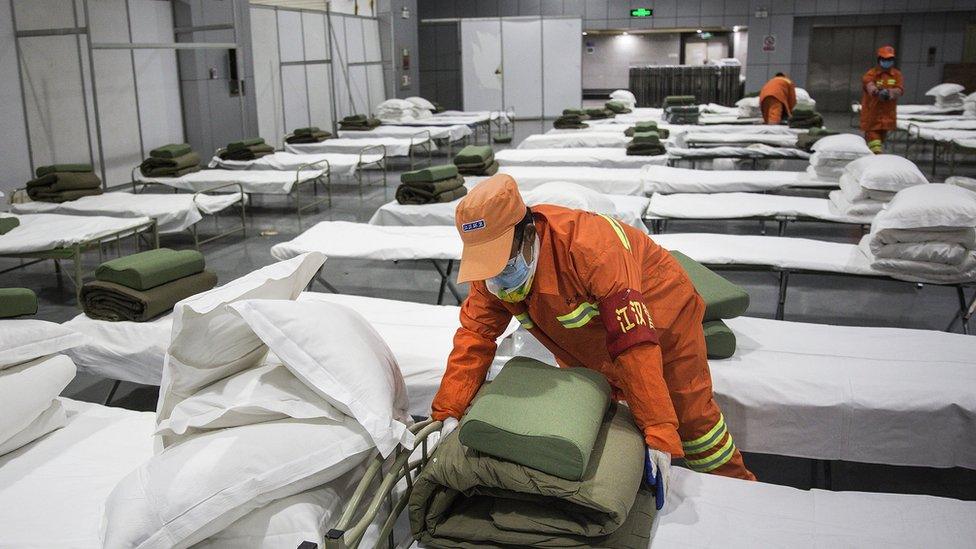
Conference centres and other venues have been turned into makeshift medical centres
Sometimes, when I pick them up in the middle of the night, I honestly think they're great; I have respect for them. They have their own families too, but they're putting patients first. So we should do something as well to support them.
I think we should all do our best: if you can protect yourself well while helping others, then do it. Otherwise, staying at home is also a form of support.
Mr Zhou was speaking to BBC World Service's Newshour programme

Read more about the coronavirus and its impact
SHOULD WE WORRY? Our health correspondent explains
YOUR QUESTIONS: Can you get it more than once?
WHAT YOU CAN DO: Do masks really help?
UNDERSTANDING THE SPREAD: A visual guide to the outbreak
LIFE UNDER LOCKDOWN: A Wuhan diary
ECONOMIC IMPACT: Why much of 'the world's factory' remains closed

- Published6 February 2020
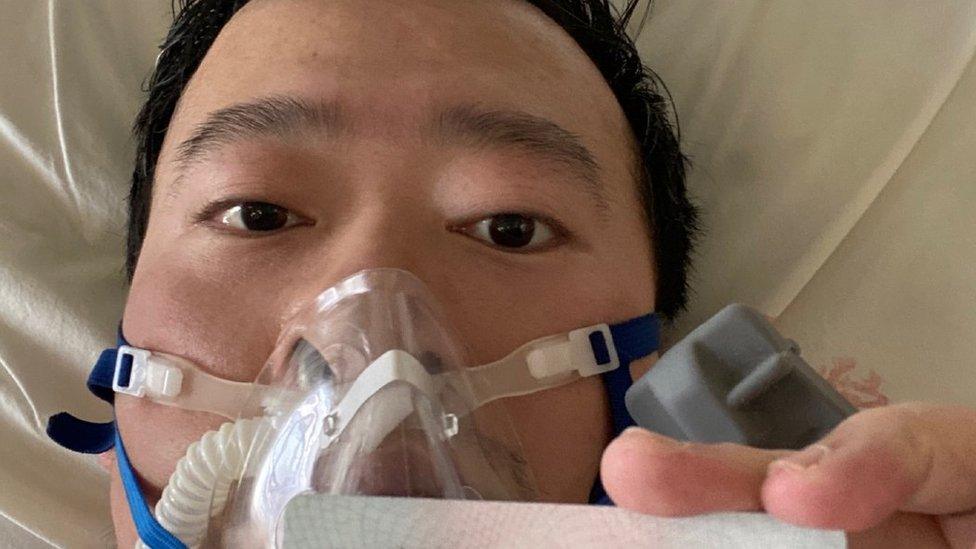
- Published12 February 2020
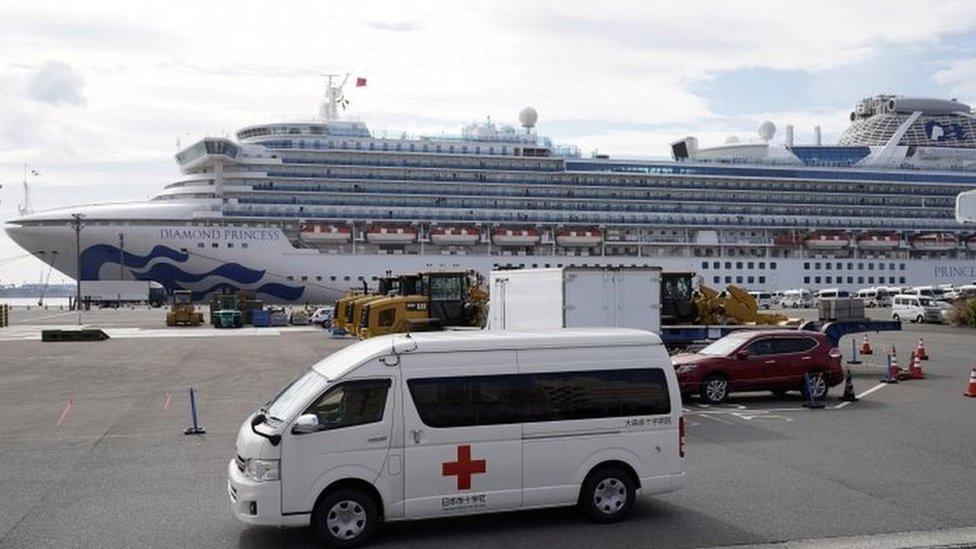
- Published6 October 2021

- Published5 July 2022

- Published11 February 2020
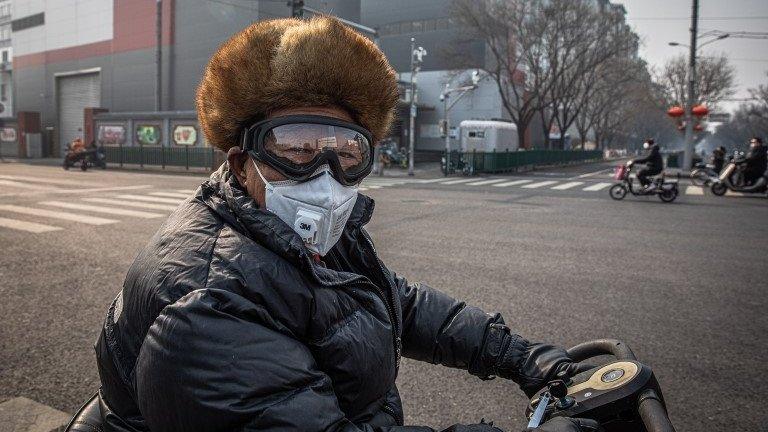
- Published11 February 2020
